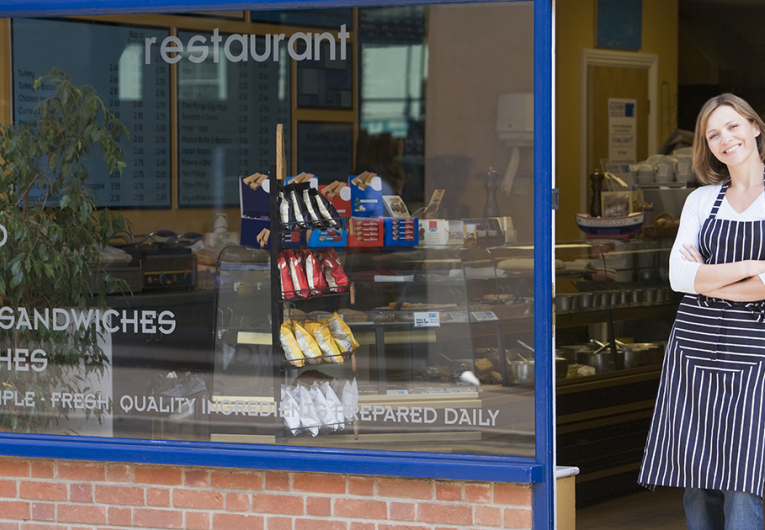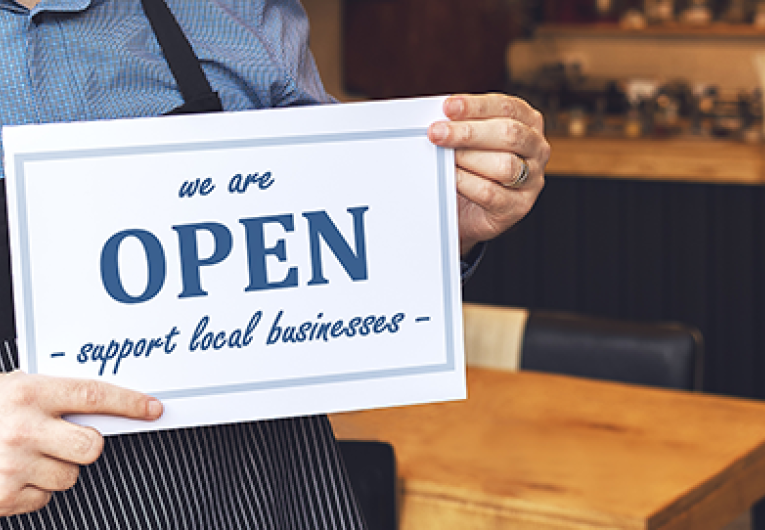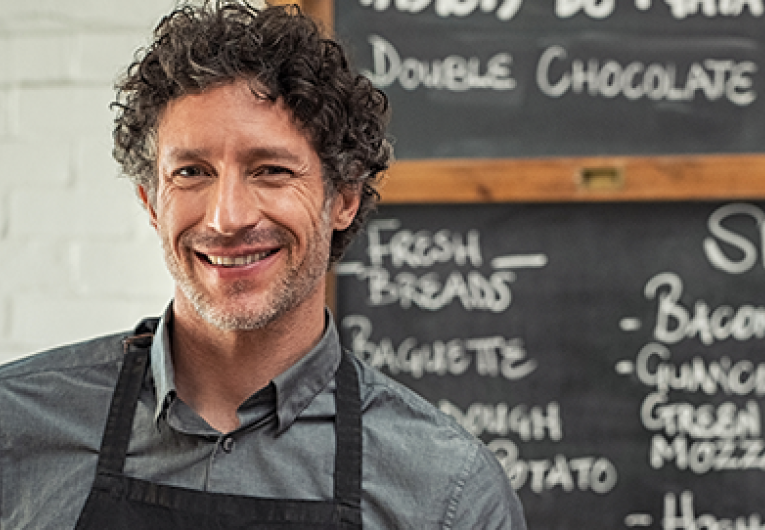
The Advantages of Pop-Up Shops
The “pop-up” concept might be best known for that seasonal store that sells niche products like holiday décor, but the appeal of a pop-up shop has widened as small businesses look for new ways to reach customers in safe and affordable spaces during the pandemic.
A pop-up shop has benefits for commercial spaces and temporary spaces and entrepreneurs, as well as customers, says Deborah Sweeney, general manager and vice president of Small Business Services at Deluxe Corp. in a blog for SCORE.
If you’re wondering whether a pop-up location is beneficial for your small business, read on to learn more about the various types and its advantages.
Why A Pop-Up?
Pop-up shops can be easy to market because they are a natural sell to customers, particularly during the pandemic when brick-and-mortar businesses face limited capacity or hours and some customers who still want to shop in person.
Themed pop-ups like Halloween or Christmas shops that open in spaces during the fall and winter seasons can be successful because they’re set up to deliver the products or services customers are looking for at the very time you open it.
An experience-based pop-up offers its own marketing appeal to small businesses. In pre-Covid times for example, a local chef might use a fun, pop-up location for a private, reservation-only event to create a buzz around their seasonal menu.
Small art galleries have long used the experience-based pop-up concept, by offering up space on a temporary basis for artists and their work, and the same goes for museums, which have been known to host special, limited-view interactive exhibits to draw new patrons.
Parking Lot, Sidewalk & Mobile Pop-Ups
If weather permits, a pop-up shop in a parking lot or sidewalk gives customers the chance to see your goods up-close and provides more in-person experiences (and sales).
It is particularly attractive to customers who would prefer outdoor browsing right now overcoming into your physical space during the pandemic.
“Plus, parking lots may be the path to continue selling should lockdown restrictions be re-imposed,” writes Allie Howen in a blog posted on Retail Wire.
If you need to provide some inside shopping due to bad weather, consider converting a bus, van or mobile home into your mobile pop-up shop and schedule customers.
Pop-up Restaurants
In some ways, food trucks have long been the best examples of the pop-up concept for small businesses and startups.
Chef entrepreneurs have enjoyed success with the mobility their van-turned-kitchens provide, creating pop-up eateries to serve customers where they are. It’s a great way to test a new food concept and saves overhead costs of a commercial restaurant space.
Even local restaurants with a physical location have turned to food trucks as a way to expand their reach into new geographical areas. It can mean increased exposure to their menu and provides “on the street” convenience to customers.
Pop-Up Partnering
Some small businesses fighting to keep their physical storefronts open have had success renegotiating their leases, which also helps commercial real estate companies struggling to keep tenants during the pandemic.
That has made for creative solutions and strategic partnerships, including the “shop-in-a-shop” model recently announced by Target and beauty products retailer Ulta, which has been hit hard by store closures in the pandemic. In the deal, Target will lease Ulta space in about 100 of its stores starting in 2021.
The shop-in-a-shop model could work for small businesses too. Look for local businesses that might want to partner with yours. Like the big retailer version, you might be able to offer products to draw different customers to their space or garner new business.
Pop-Ups Are Part of ‘Nimble’
The pandemic has forced businesses of every size, particularly those in the retail sector, to shift gears quickly, whether that’s coming up with new products or services or changing operations and staff to accommodate contactless sales, such as curbside pickup or online-only sales.
The quick-thinking flexibility has been key to their success.
“It might be free-standing or it might be store-within-a-store, but the ability to get the most needed product to the right place at the right time is crucial,” said Jeff Sward, founding partner at Merchandising Metrics, in a comment posted in response to a Retail Wire blog.
The trends, insights, and solutions you need to grow your business.
By signing up, you’re subscribing to our monthly email newsletter, The
Wire. You may unsubscribe at any time.
Your information stays safe with us. Learn more about our privacy
policy.











![[#MSP_NAME#] Logo](/themes/sparklight_business/images/transition-logos/migration-banner-logo-[#MSP_CD#].png)
